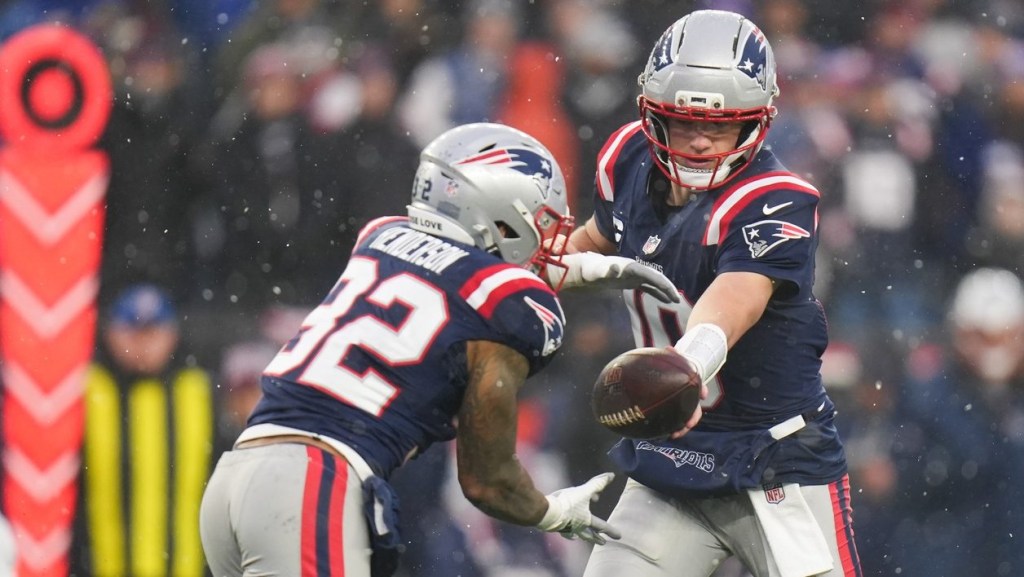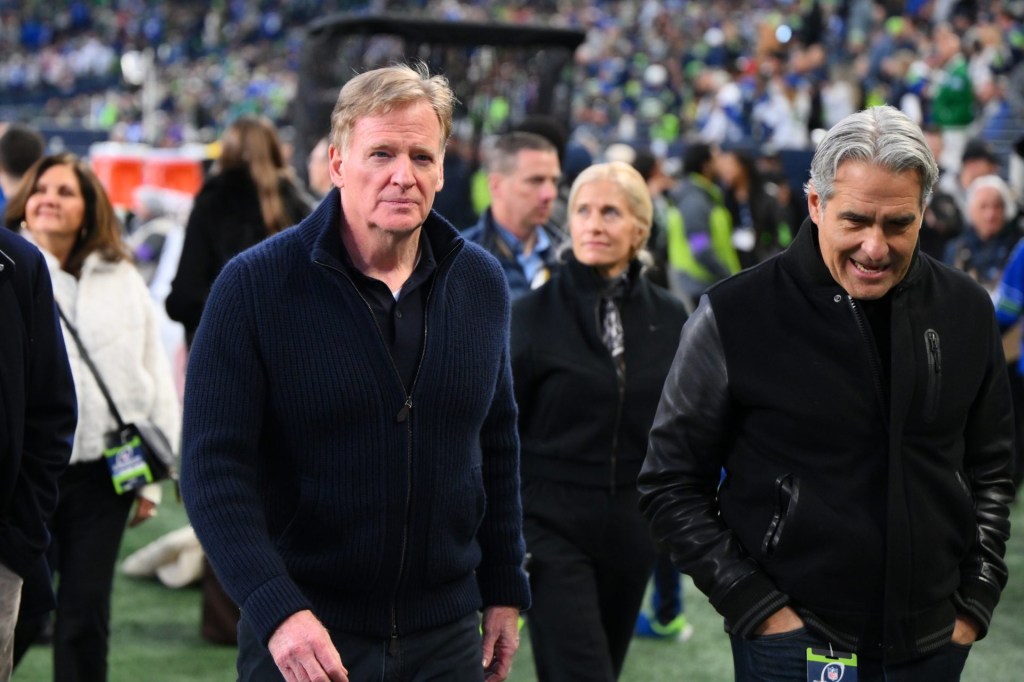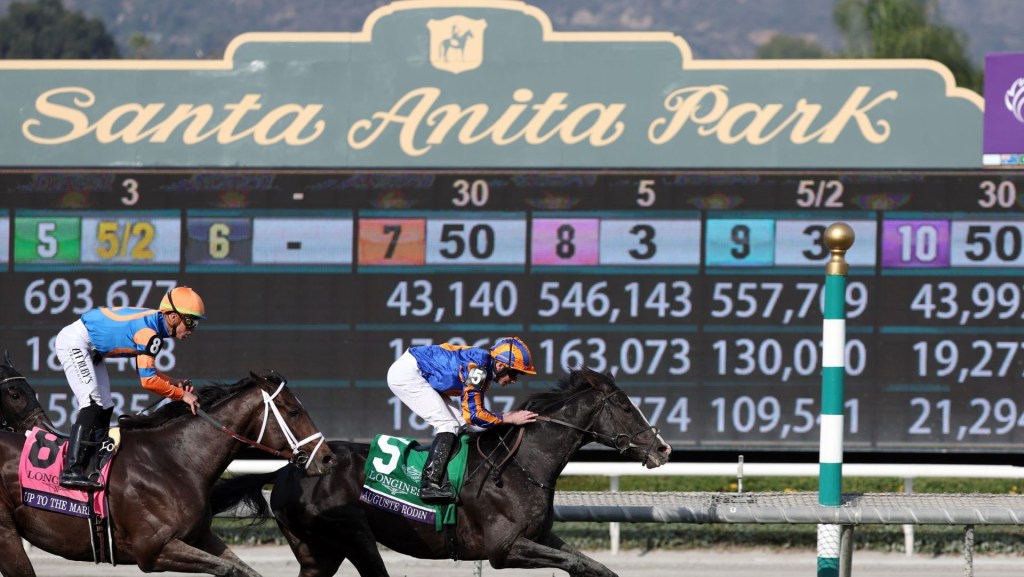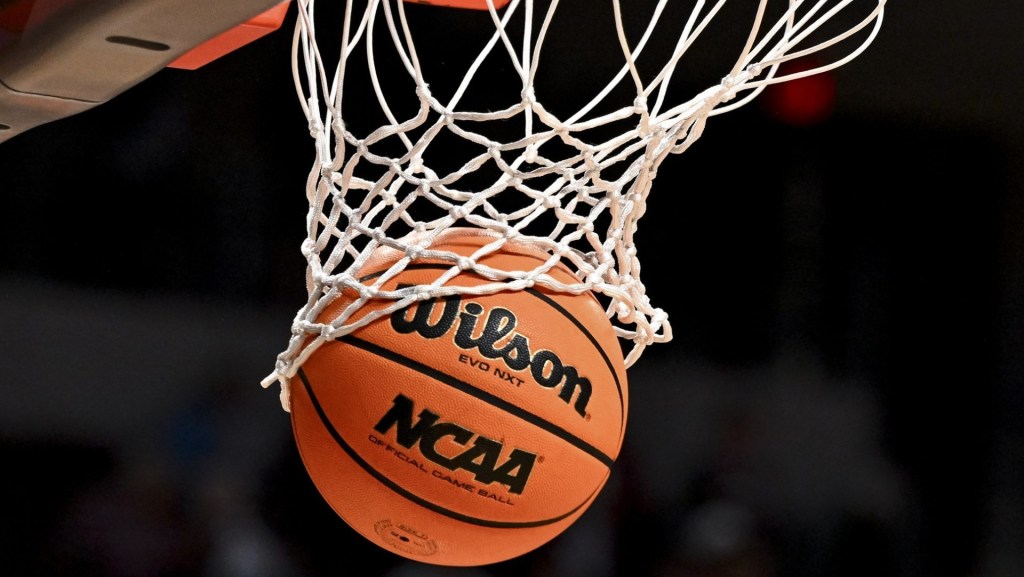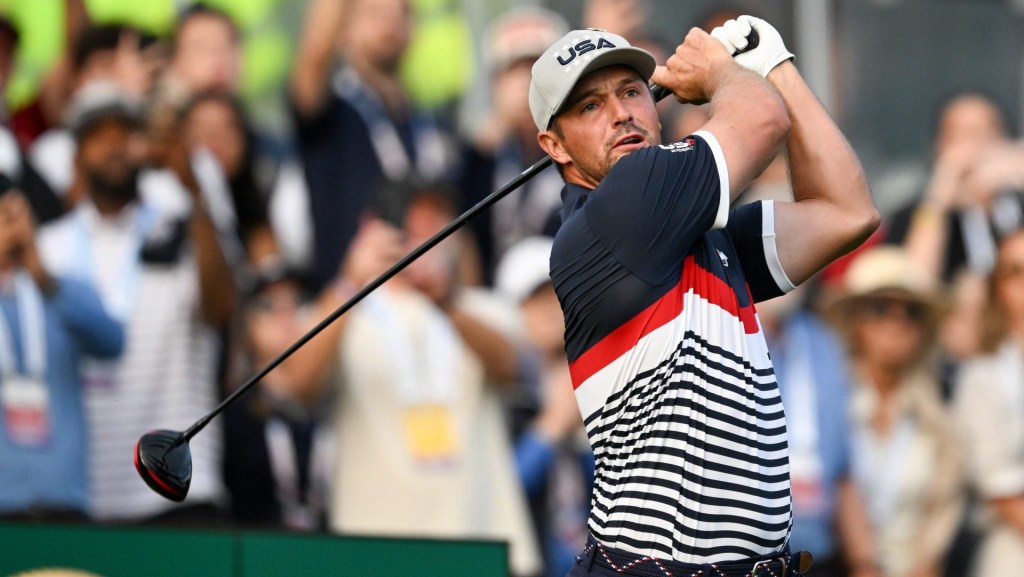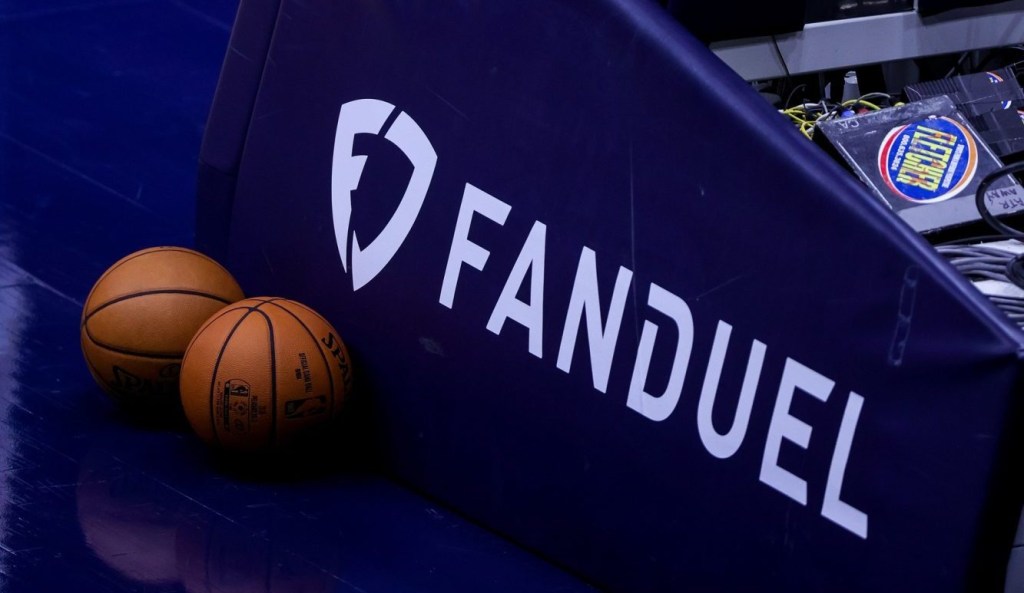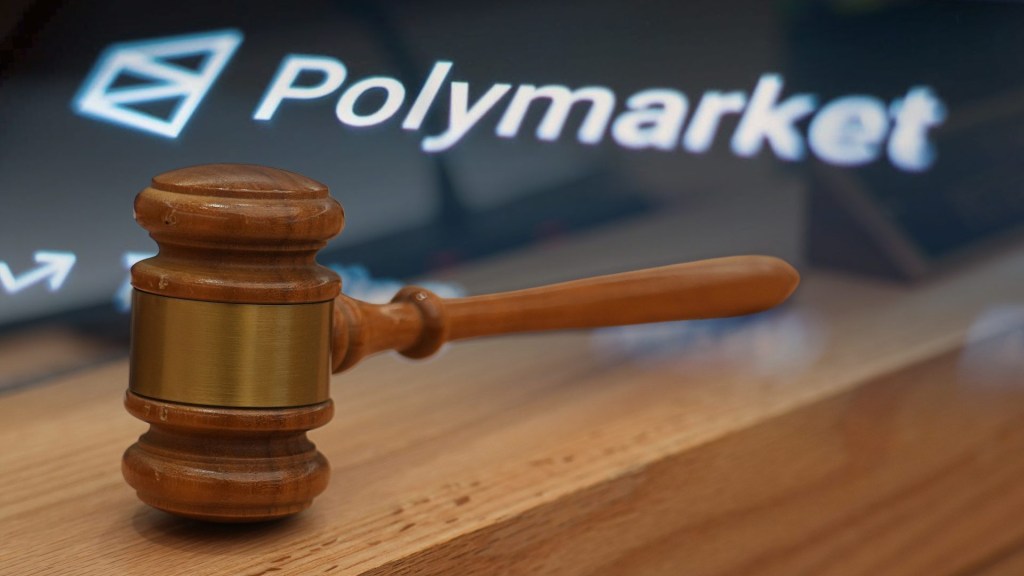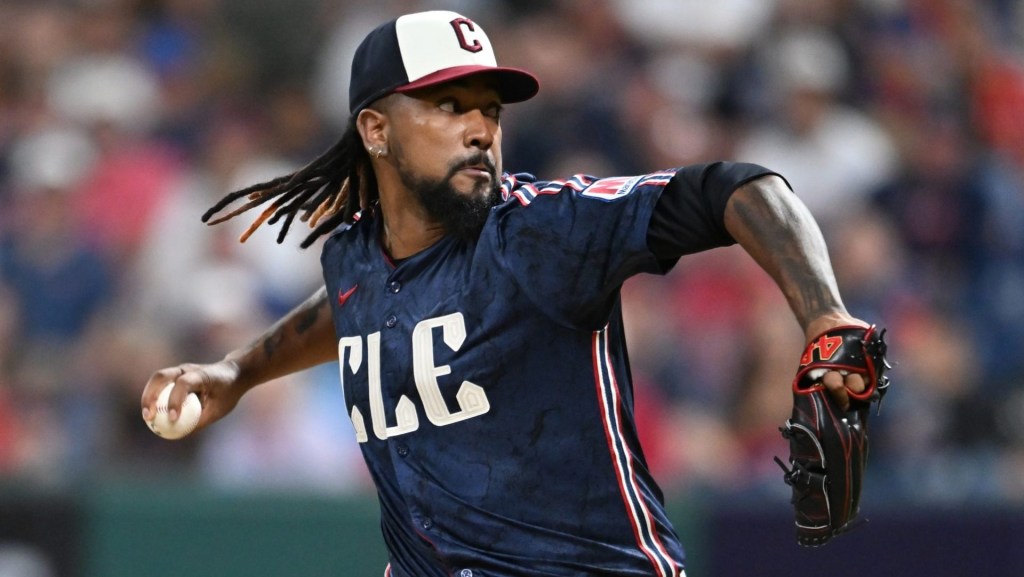The coronavirus pandemic caused a massive shortfall in projected sports betting handles and revenue in March, and there’s no real end in sight.
While the losses will be a short term sting on the operators and states looking for that revenue, there’s potential for the industry to come out on the other side more nimble and collaborative.
“Fear is a tremendous motivator,” Max Bichsel, vice president of U.S. business for Gambling.com Group. “Operators are innately flexible and want to offer as much as possible; the regulators are grayer. After this, however, they’ll want to plan against a black swan event, if it happens again, so you’ll see regulators and policymakers take more advice and lean on operators and industry experts.”
Bichsel said there has generally been great flexibility and collaboration as all parties are looking to mitigate the losses compared to projections of when sports were expected to be played. Part of the issue, however, is no matter how many obscure sports and alternatives are offered, it’s unlikely to draw the same handle in a night as even one game of the traditional big four leagues, Bichsel said.
“All state regulators are asking what they can do to help alleviate this pain,” Bichsel said. “They all have the same problem of a deficit, based on what was anticipated. No one is over-exceeding expectations for March, April, even May or until sports come back.”
Before states start worrying about what could become of the NFL and NCAA football seasons, which account for up to 40% of sports betting, the industry is still dealing with the loss of one of its annual tentpoles in the NCAA Tournament. The website Sportshandle projects sportsbooks lost an estimated $973.5 million in legal wagering.
READ MORE: XFL Files for Bankruptcy After Canceling Season Amid Pandemic
State gaming commissions are still rolling out their March numbers, but Indiana’s March statistics show some of the impact. With no sports after the middle of the month, Indiana lost out on an estimated $125 million in March wagers, according to PlayIndiana, a website that covers regulated gambling in the state. Early in the month, it appeared Indiana was on pace to surpass $200 million in wagers for the first time – February’s handle was $187.2 million – and instead collected $74.8 million.
The NCAA Tournament was projected to bring in $50 million in tournament-related wagers, not including parlays, according to PlayIndiana Analyst Jessica Welman. Welman said she was on the higher end of projections for March Madness in Indiana, believing the month’s handle could have approached $300 million.
“There is no way to replace the revenue that would have been generated from the NCAA Tournament, which in legal jurisdictions generates more action than the Super Bowl,” Welman said. “Indiana’s interest in basketball is so intense, and its entire structure of casinos is built around state boundary lines, so you have these fans from Kentucky, Michigan, Illinois, and Ohio.”
Welman said this year’s loss is more palpable because Michigan and Illinois will be fully online as sports betting states next year.
READ MORE: Esports Betting Doubles Down In Absence of Live Sports
Gambling.com noted New York’s sports betting revenue – the state’s commission doesn’t report a handle total – actually increased over February, to $99,514 opposed to the loss of $179,593 the month prior. The state’s casinos were closed on March 16, and New York doesn’t offer mobile betting.
States like Pennsylvania and New Jersey have likely seen its loss of sports betting softened by the legality of online casino games and poker.
Some states also will look to help sportsbooks make up some losses by offering bets during the NFL Draft and WNBA Draft. Welman said she doesn’t believe an estimate on NFL Draft handles this year is possible.
“Pennsylvania is one of the biggest states for sports betting, and they’re not going to take part under their regulations,” she said. “It is safe to say it will be the biggest year for it. It’s not something like ping pong or Russian soccer, fans feel like they know football and as a bettor have an idea of how it will go.”
Also, a potential way to help mitigate the losses would be to allow betting on elections, Gambling.com’s Bichsel said. The practice is common in Europe, he said, and options are available for the US president, democratic nominee and VP presidential pick. Political betting has since been pulled back in West Virginia, and other states, including New Jersey, have said it isn’t legal.
Bichsel said his company still tracks and publishes odds based on offerings in other countries and to show the interest. He said the current state of sports and the new-found flexibility in regulators could open up the option as states writing language for betting could include politics.
“I’m a proponent of it; if you can’t fix a Super Bowl, you can’t fix an election,” he said. “I don’t expect it in the U.S. anytime soon, but it’s more about people being comfortable with it. You have people who have fervent beliefs one way or another, and it creates a unique element that is very much like a sport.”
